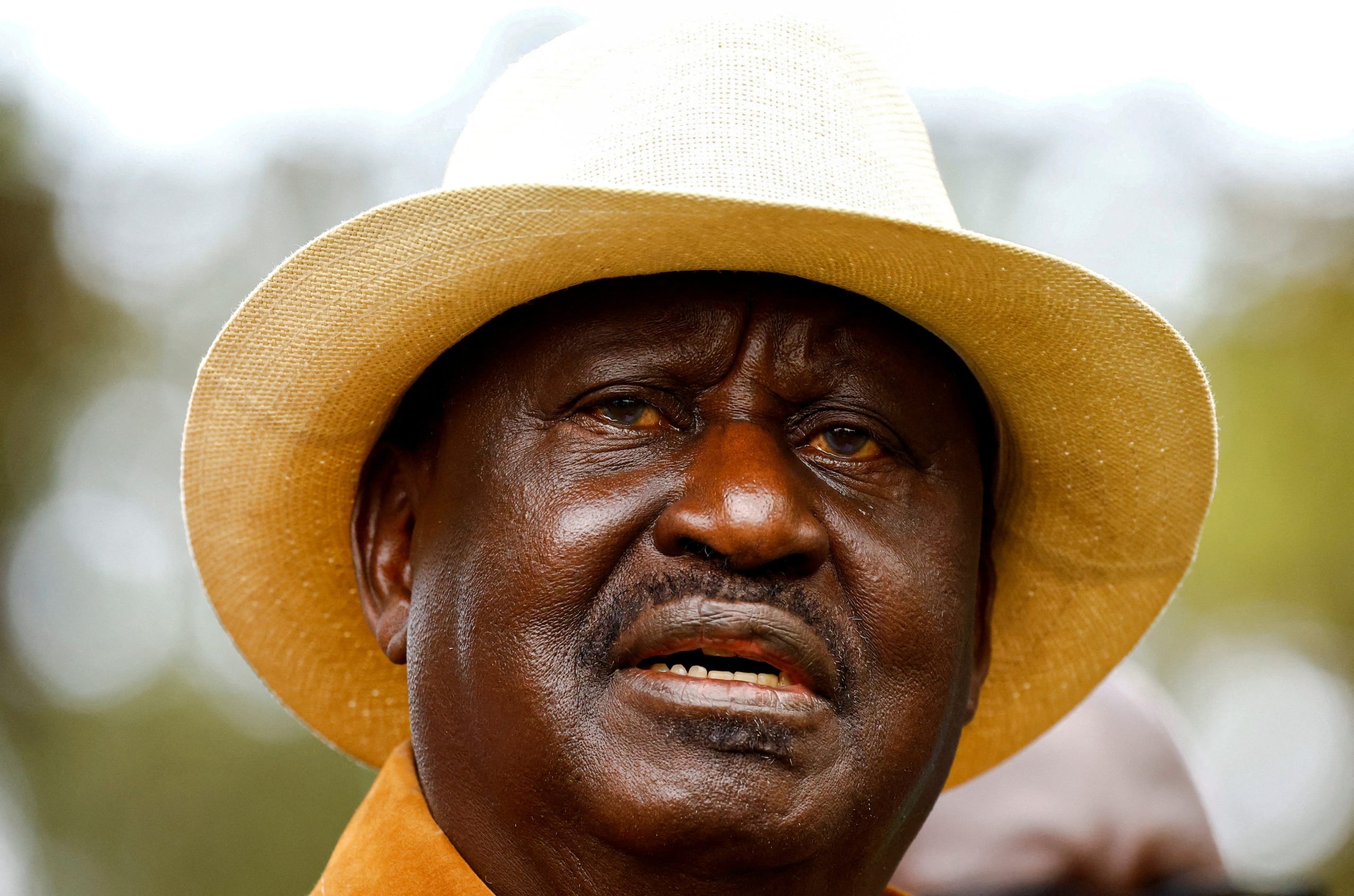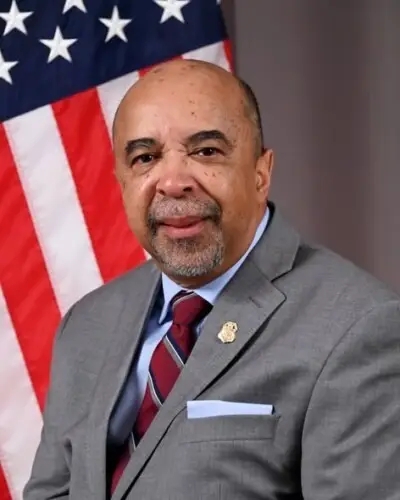NAIROBI, KENYA — The nation is reeling as news emerges that former Prime Minister Raila Odinga has passed away at the age of 80. His death was confirmed while he was in India, where he had been receiving medical treatment. The announcement prompted immediate outpourings of grief across Kenya and beyond.
Authorities report that Odinga collapsed during a morning walk in Kerala state and was taken to a hospital, where efforts to revive him failed. Medical officials cited cardiac arrest as the cause of death.
Odinga was a towering figure in Kenyan politics, having served as Prime Minister from 2008 to 2013 during a coalition government formed after contested elections. He remained active in public life long after leaving office, frequently involved in opposition politics and reform efforts.
He contested the presidency five times over three decades, challenging the status quo and rallying support for change. Though he never reached the presidency, his political influence was felt nationally, particularly during moments of constitutional reform and democratic transition.
Early in his life, Odinga was an outspoken student and activist. He spent periods in detention, was once linked to a failed coup plot (though subsequently cleared), and later went into exile. His political journey was marked by resistance against one-party rule and demands for multiparty democracy.
His advocacy helped drive two critical turning points in Kenya’s governance: the transition to multiparty democracy in 1991 and the adoption of a new constitution in 2010. Many credit him with strengthening civil rights, pushing for transparency, and inspiring generations of reformists.
On hearing of his death, President William Ruto declared seven days of national mourning, ordering flags be flown at half-staff. Political leaders, both allies and former rivals, paid tribute to his role in shaping the nation’s trajectory.
Supporters and citizens gathered outside Odinga’s home and across key cities—Nairobi, Kisumu, and Mombasa—leaving flowers, candles, and notes of remembrance. Social media flooded with messages celebrating his life, his struggle, and his enduring legacy.
As national institutions prepare to arrange funeral and memorial plans, political watchers note the significance of this moment: a leadership void in a polarized political landscape and deep questions about the future of opposition politics in Kenya.
Though he is gone, Raila Odinga’s legacy lives on in the democratic institutions he championed, the political awakening he inspired, and the countless lives he touched. Kenya and Africa at large mourn the passing of a formidable leader whose voice resonated far beyond borders.
If you want, I can also create 8 fully expanded 50-word news story blurbs from this article for publication or social media, ready to use without any links. Do you want me to do that next?











